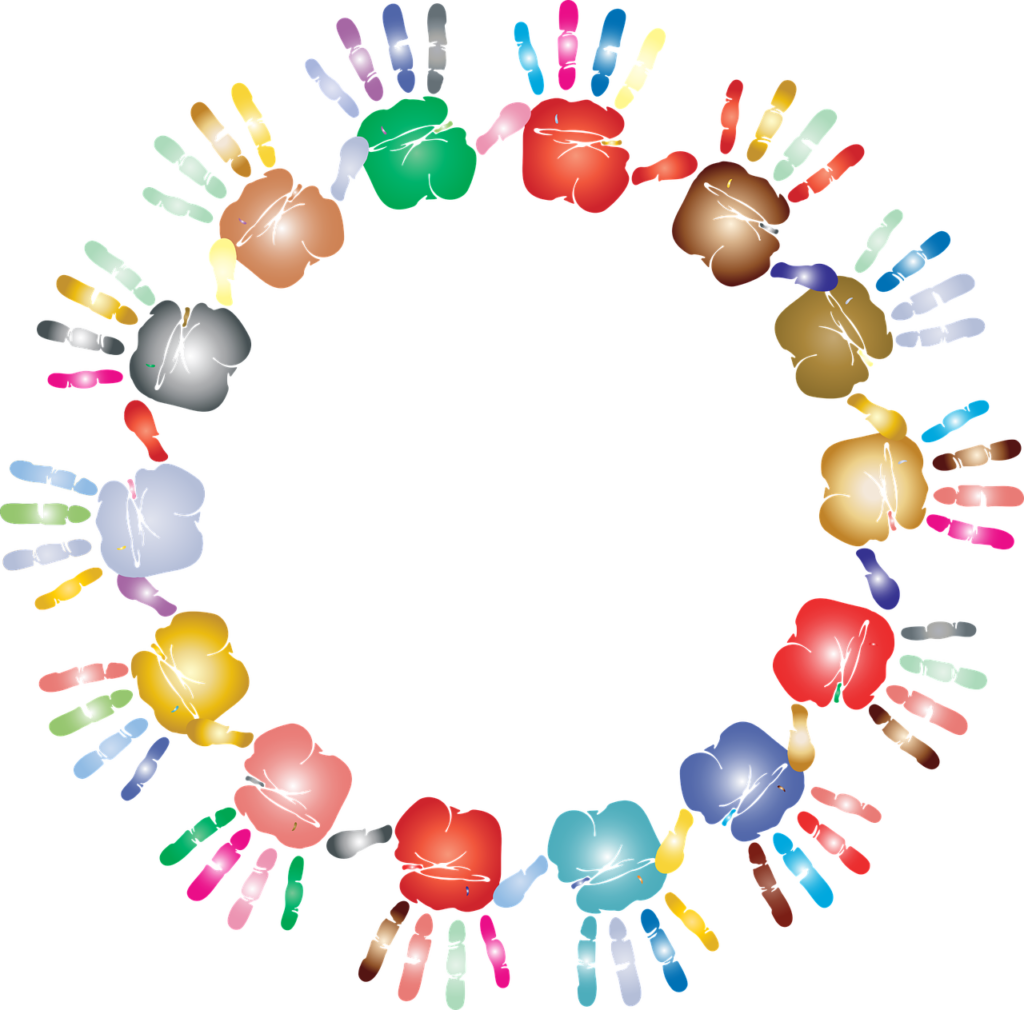Autism Spectrum Disorder (ASD) Assessment
**************************
There is NO WAIT LIST at this time for testing appointments.
Call now to schedule an appointment or a FREE phone consultation with Dr. Ensign.
**************************
Autism is a neurodevelopmental disorder that affects how people interact and communicate with others, learn, and behave. It is considered a developmental disorder because symptoms usually show up in the first couple of years of life. And it is known as a spectrum disorder because there is wide variation in the type and severity of symptoms people experience.
What are some of the signs and symptoms of autism?
Difficulties with social communication and social interaction such as:
- Making little or inconsistent eye contact
- Appearing not to look at or listen to people who are talking
- Not often sharing interest, emotion, or enjoyment of objects or activities, including infrequently pointing to or showing things to others
- Not responding or being slow to respond to one’s name or to other attempts to get their attention
- Having difficulties with the back-and-forth of conversation (for example, talking at length about a favorite subject without noticing that others aren’t interested or without giving others a chance to respond)
- Using an unusual tone of voice that may sound sing-song or flat and robot-like
- Having trouble understanding others’ points of view or predicting or understanding other people’s actions
- Difficulties adjusting behavior to different social situations
- Difficulties sharing in imaginative play or making friends
Engaging in restrictive or repetitive behaviors such as:
- Repeating words or phrases rather than responding with their own words or phrases
- Having an intense interest in specific topics, such as numbers, letters, details, or facts
- Becoming upset by changes in routine or transitions between activities
- Being more or less sensitive to sensory input, such as light, sound, clothing, or temperature
Not all people with autism will have all of these behaviors, but if your child has several of these behaviors, an evaluation at our office in Rockledge will determine if a diagnosis is appropriate and which treatments/therapies would be best for your child. The earlier autism is diagnosed, the sooner treatments and services can begin!
What does an autism evaluation for children look like?
An autism evaluation at Monarch will be a comprehensive evaluation to be sure that we understand all of your child’s strengths and challenges, arrive at the best explanation for your child’s behaviors (whether that is autism or something else) and make the best recommendations for support and treatment. Depending on your child’s age and in addition to measures specific to autism, the autism assessment might include testing in the following areas:
- Cognitive functioning
- Developmental levels (e.g., communication, social-emotional)
- Adaptive behavior (independent living skills)
- Academic achievement
- Behavior and emotional functioning
For young children especially, much of the assessment is play-based, and you as the parent will be in the room during the evaluation. For older children, the testing session is one-on-one with Dr. Ensign. Evaluations always begin with a detailed interview with you as the parent, a testing session that includes the child, and a final feedback session to share results, diagnosis, and recommendations.


Autism in Young Children
Diagnosing autism as early as possible is important to make sure children can receive the services and supports they need to reach their full potential. During early development, the brain is still very malleable, and they are in a great position to benefit from treatments. Sometimes, autism can be detected in a child as young as 18 months old, but reliability increases by the time the child is 2 years old.
To see how your child is developing, you can use a checklist of developmental milestones like one of these from the Centers for Disease Control and Prevention (CDC). If you notice that your child is not meeting milestones, you can talk to your pediatrician or call to schedule a consultation with Dr. Ensign to discuss your concerns and whether an evaluation, which might include testing for autism, might be appropriate.
Autism in Older Children and Teenagers
Some children are diagnosed much later – some not until they are adolescents or even adults. Although these individuals may not have received early intervention, it is never too late to start the process and access services and supports!
Or, maybe your child is already diagnosed with autism, and you are looking for a re-evaluation. Re-evaluations for autism are recommended every few years for several reasons. One, because for those with autism, like most young people, adolescence brings new challenges and responsibilities. Also, individuals with autism may experience changes in the symptoms of autism they present with and the challenges they face. These changes can affect their ability to function at school and participate in the community. So, you will want to be prepared to help them tackle these challenges with appropriate resources and services. An evaluation can help define exactly how autism is presenting in your child at each developmental stage and provide recommendations that are specific and individualized for your child.
Call to schedule a FREE phone consultation to talk about your concerns and the type of evaluation that will be most appropriate for your child.

Proudly serving all of Brevard County and beyond
Rockledge, Melbourne, Viera, Merritt Island, Cocoa, Cocoa Beach, Cape Canaveral, Port St. John, Titusville, Mims, Palm Bay, Malabar, Indialantic, Eau Gallie, Patrick Space Force Base, Satellite Beach